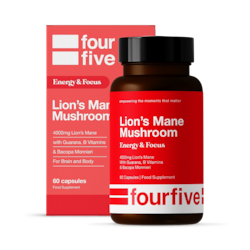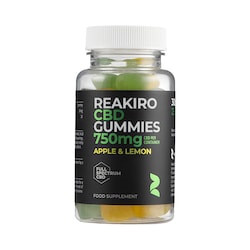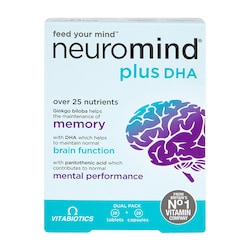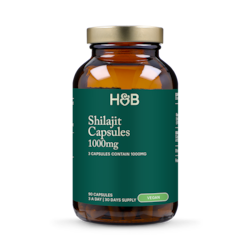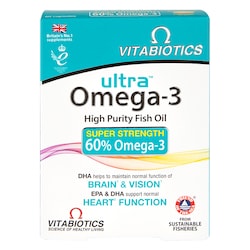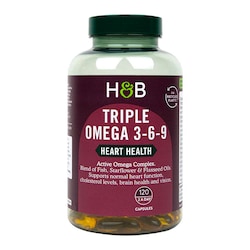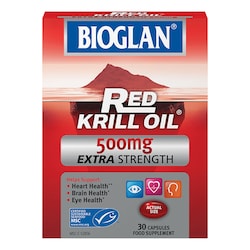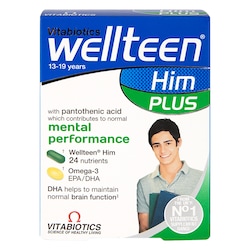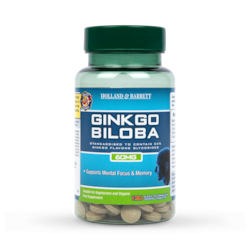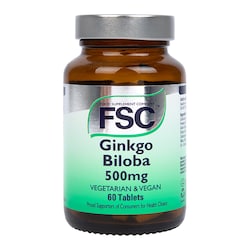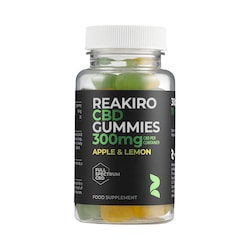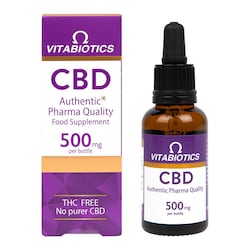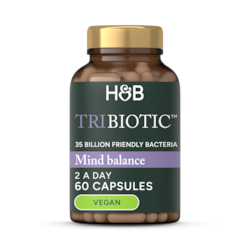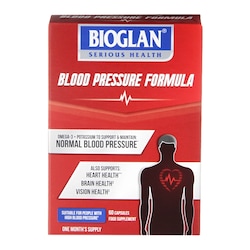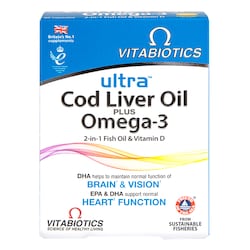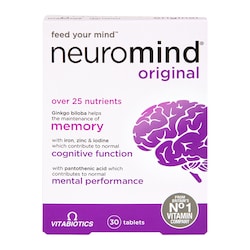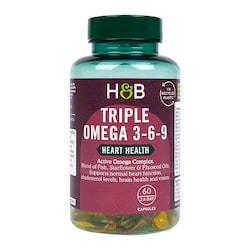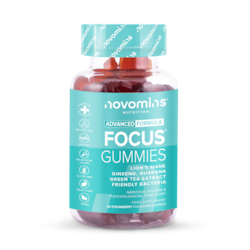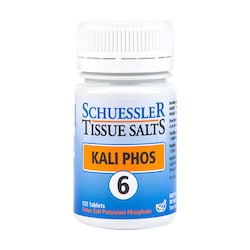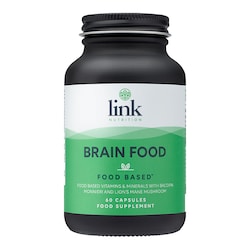15% off £25 OR 20% off £35
Best supplements for your brain
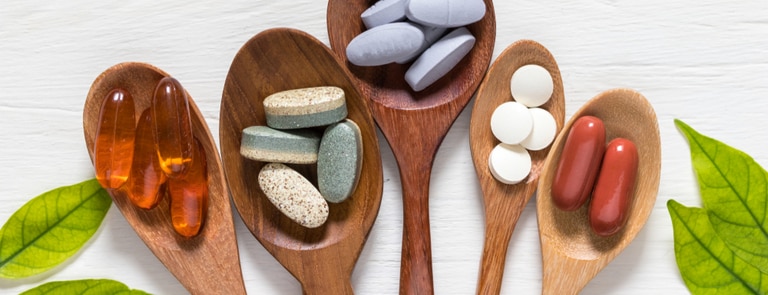
Your brain, apart from being the organ that you think, dream, love, and learn with, is also the control centre of your body.
It makes sure that your heart keeps beating, and it helps you to breathe, move, feel, and much more.
Good brain health is about things like memory (often the first thing that comes to mind), but it is also about having optimal cognitive, emotional, and psychological behaviour, in order to be able to best cope with the situations that arise in life.1
Both social and biological (that is, genetics as well as food, exercise, and so on) factors play an interconnected role in how your brain develops as you grow, and how you maintain brain health throughout life.2
Foods, vitamins, and nutrients that your brain needs on a fairly regular basis or that it can benefit from, include fatty fish, coffee (for some people), blueberries, turmeric, broccoli, pumpkin seeds, chocolate, nuts, oranges (vitamin C), eggs, green tea, whole grains, avocados, kale, and soy.3,4
Most of these foods, or the important nutrients or vitamins that they are made up of, can also be consumed in the form of supplements.
Fish oil and cod liver oil: a key source of omega-3
Oily fish like salmon, mackerel, herring, sardines, and fresh tuna, are great sources of omega 3s.
These essential fatty acids are key to building membranes around the cells in your body, including the brain cells.
Studies have found that people who have high levels of omega-3s (meaning they are either not deficient in the nutrient, or consuming a regular amount) had increased blood flow in their brains.5,6
Omega 3s make up around half of the fat in your brain, which in turn makes up some 60% of your brain.
The omega 3s are also used for your nervous system, including for learning and memory.
Not getting enough omega 3s can lead to depression (particularly when combined with other factors).7
You can also get omega 3s in flaxseed, walnuts, and chia, but the type of omega 3s that they contain is one that the body struggles to convert over for brain use.
Omega-3 supplements are usually made of fish oil, or specifically, cod liver oil.
You can also get flaxseed supplements, which are ideal if you are looking for a vegetarian or vegan alternative source of omega 3.
Pumpkin seeds: a source of magnesium, zinc, copper and iron
Pumpkin seeds are delicious (try roasting them and sprinkling them over a salad or adding them to your granola or soups) and they are a great source of magnesium, iron, zinc, and copper.8
Zinc is important for your brain’s nerve signals, while magnesium is essential for memory and learning.
Low magnesium levels have been linked to some neurological conditions, such as migraines, depression, and epilepsy.9
Copper, like zinc, is also important for your brain’s nerve signals, and an iron deficiency can lead to brain fog and impaired brain function.10
If pumpkin seeds are not your thing, then the vital vitamins they contain can also be sourced as an additional supplement.
Vitamin E
Other nuts and seeds such as almonds, peanuts, hazelnuts, and sunflower seeds, can provide you with vitamin E, which protects your brain cells from oxidative stress.
As you age, you can be increasingly exposed to such stress, so vitamin E is a good nutrient to consume, or supplement to take as you get older.11
Vitamin E supplements come in capsule, liquid, and oil format. Your body stores the vitamin E, then uses it when it needs it.
Turmeric
This yellow-orange spice which provides a great colour for your rice, extra flavour for your curries, and is quick to stain your fingers, also has great benefits for your brain.
The active ingredient in turmeric is curcumin, which is a strong antioxidant and anti-inflammatory. It has been found to possibly benefit the memory, boost serotonin and dopamine (that is, boost your mood or improve depression symptoms over time), and help new brain cells grow.12
It is always worth consuming turmeric with black pepper. Aside from their individual health benefits and complementary tastes, the piperine in black pepper enhances curcumin absorption by up to 2,000 percent.13
If you are not keen on the taste, or for other reasons, you can also consume turmeric as a supplement.
Vitamin K from broccoli
Broccoli is packed with helpful nutrients, including antioxidants.
It is also very high in vitamin K, which is essential for forming sphingolipids.
These are another fat used by the brain cells.
While antioxidants in general can help protect the brain against damage, the consumption of vitamin K has been linked to a better memory.14
Other than broccoli, natural sources of vitamin K include spinach and other green leafed vegetables, as well as vegetable oils and cereal grains.15
Or you can choose to boost your intake by taking a vitamin K supplement.
- https://www.who.int/health-topics/brain-health
- https://www.who.int/health-topics/brain-health
- https://www.healthline.com/nutrition/11-brain-foods
- https://www.medicalnewstoday.com/articles/324044
- https://www.ncbi.nlm.nih.gov/pubmed/28527220
- https://www.medicalnewstoday.com/articles/324044
- https://www.healthline.com/nutrition/11-brain-foods
- https://www.verywellfit.com/pumpkin-seed-nutrition-facts-calories-and-health-benefits-4114356
- https://www.healthline.com/nutrition/11-brain-foods
- https://www.healthline.com/nutrition/11-brain-foods
- https://www.medicalnewstoday.com/articles/324044
- https://www.healthline.com/nutrition/11-brain-foods
- https://www.healthline.com/nutrition/turmeric-and-black-pepper
- https://www.healthline.com/nutrition/11-brain-foods
- https://www.nhs.uk/conditions/vitamins-and-minerals/vitamin-k/


